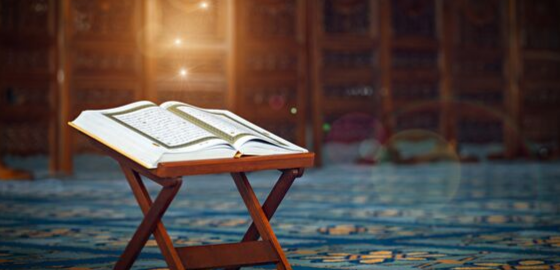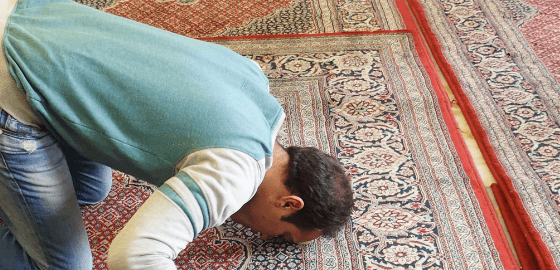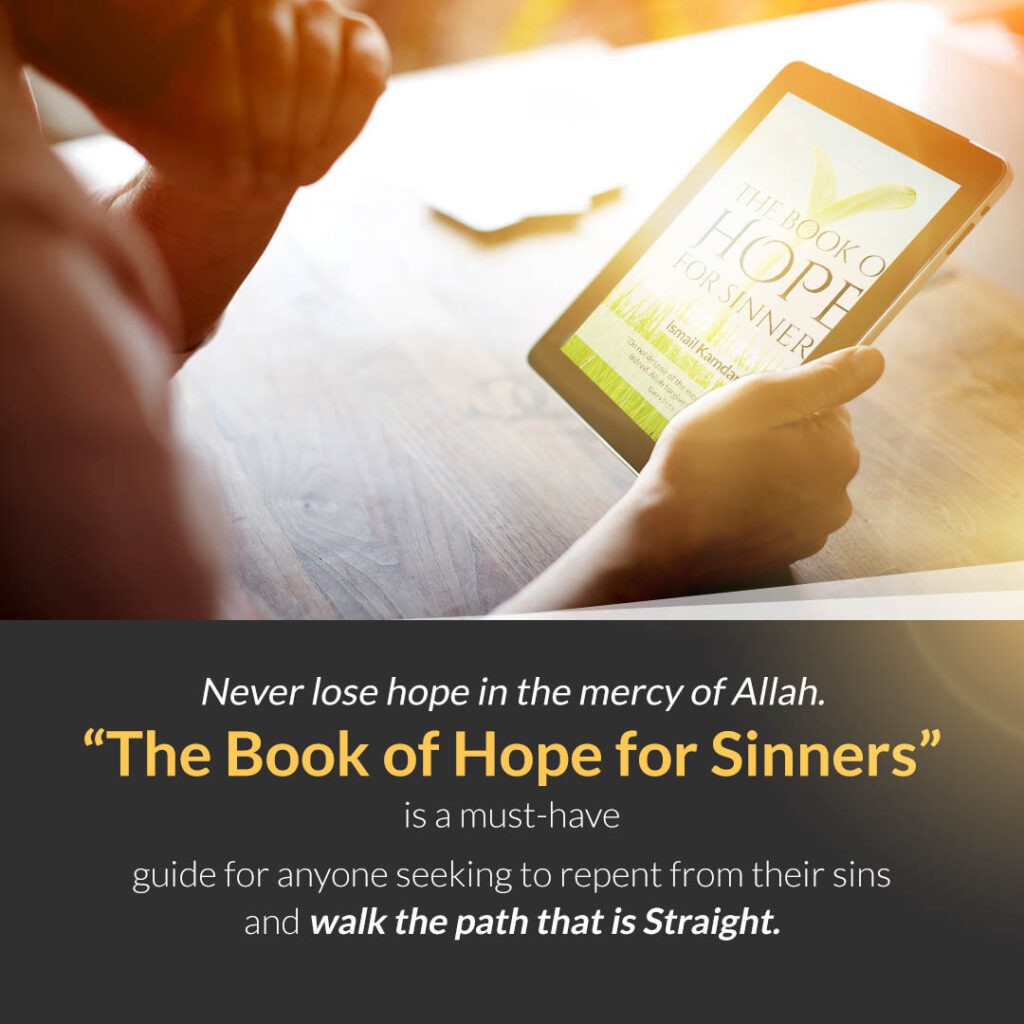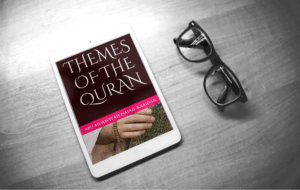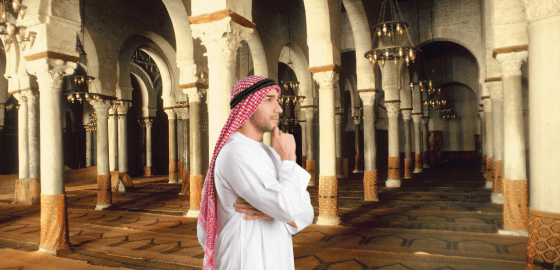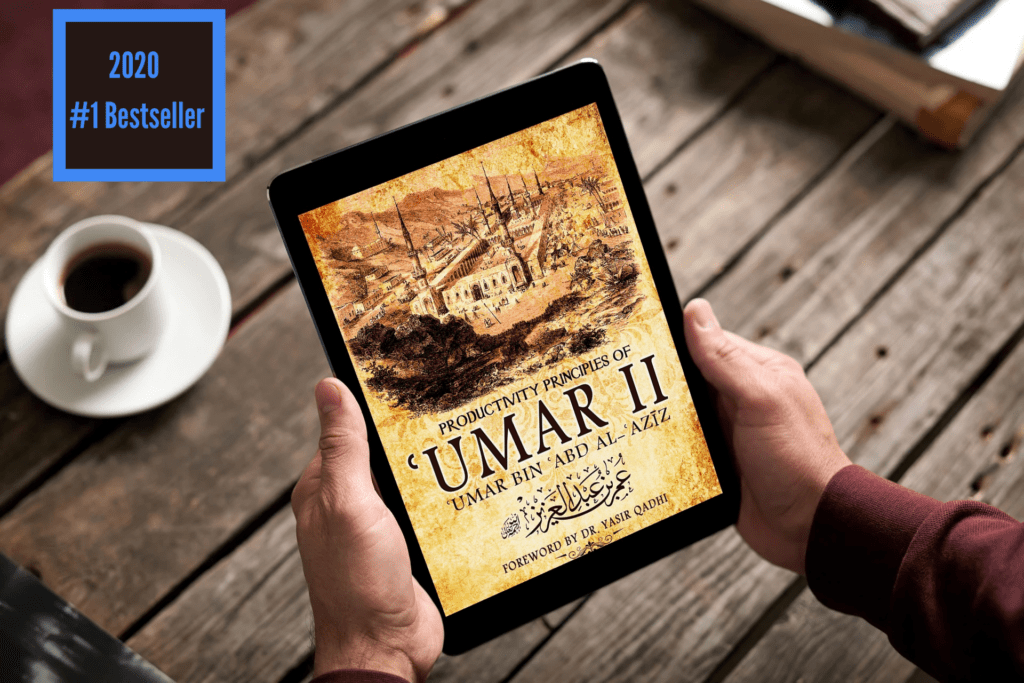This is the first in a series of articles reflecting on the wisdom behind the various morning and evening supplications. Islam recommends a variety of morning and evening supplications for protection from every kind of evil and difficulty. It is highly encouraged for every believer to memorize these supplications, and recite them every morning after Fajr, and every evening after Maghrib.
There exist many books and articles listing these supplications. So I will not list all of them here. I recommend Hisn al-Muslim for an authentic collection of supplications. In this series, I want to attempt something different. This will be a series of reflections on some of these daily duas. The purpose of this series is to help us understand these supplications, appreciate them, and use them more purposefully. The result of understanding a dua on a deeper level is that it is more meaningful and impactful.
I would like to begin with a supplication that is very close to my heart. This is a comprehensive supplication that covers a variety of worldly and spiritual issues, demonstrating the Islamic vision of aiming for the best of both worlds.
The Comprehensive Dua
اللَّهُمَّ عَافِنِي فِي بَدَنِي، اللَّهُمَّ عَافِنِي فِي سَمْعِي، اللَّهُمَّ عَافِنِي فِي بَصَرِي، لاَ إِلَهَ إِلاَّ أَنْتَ، اللَّهُمَّ إِنِّي أَعُوذُ بِكَ مِنَ الْكُفْرِ وَالْفَقْرِ، اللَّهُمَّ إِنِّي أَعُوذُ بِكَ مِنْ عَذَابِ الْقَبْرِ، لاَ إِلَهَ إِلاَّ أَنْتَ
Translation: O Allah, grant me health in my body. O Allah, grant me good hearing. O Allah, grant me good eyesight. There is no god besides you. O Allah, I seek protection with you from disbelief and poverty. O Allah, I seek protection with you from the punishment of the grave, There is no god besides you. (Three times every morning and evening)
The evidence for this supplication is the following narration:
ʿAbd al-Raḥmān bin Abī Bakra reported that he said to his father, “I heard you making this supplication every morning; ‘O Allah, grant me health in my body. O Allah, grant me good hearing. O Allah, grant me good eyesight. There is no god besides you.’ and you repeat it three times in the evening and three times in the morning. You (also) say, ‘O Allah, I seek protection with you from disbelief and poverty. O Allah, I seek protection with you from the punishment of the grave, There is no god besides you.’ and you repeat it three times in the evening and three times in the morning.” He replied, “Yes, my son. I heard the Messenger of Allah (peace be upon him) say them and I like to follow his way.”
Al-Adab Al-Mufrad 701, Sunan Abi Dawud 5090
Protection from many major trials
This is a comprehensive supplication that covers many crucial trials, and through which we seek protection from both worldly and spiritual trials. The biggest spiritual calamity in this world is disbelief. For a believer to lose their faith and apostate is the biggest calamity that can befall them. Yet a true believer is never complacent about faith and knows that life is a test. As a precaution, the believer will ask Allah every day for protection from disbelief in every form.
In terms of worldly calamities, the two most difficult calamities that people fear are sickness and poverty. A major illness can prevent a person from doing good deeds, and even prevent them from living a functional happy life. Illness is a very difficult trial, and those who bear it with patience and faith will have a great reward in the Afterlife. Every moment spent being patient with difficulty causes the forgiveness of one’s sin. But for those of us who do not have such illnesses, we should seek protection from it daily with this supplication.
Misconceptions about Poverty
Poverty is a calamity that some segments of the Muslim world have glamorized in recent times. Some Muslims associate poverty with piety, and wealth with sin. Yet the Prophet (peace be upon him) asked Allah for protection from poverty daily, and encouraged his companions to do the same.
The Messenger of Allah (peace be upon him) said: “Seek refuge with Allah from poverty, insufficiency, and humiliation, and from abusing (others) and being abused.'”
Sunan Ibn Majah 3842
Notice how the Prophet (peace be upon him) listed poverty first before not having enough, being humiliated, or being put into a situation that is either abusive or in which one can be abused. Poverty is listed first because extreme poverty can lead to all these other trials, so we seek protection from the root of these evils. Poverty opens the door to insufficiency, humiliation, and various forms of abuse. May Allah protect us all.
Islam does not glamorize poverty or wealth. Rather, Islam teaches us to be independent of others so that they cannot take advantage of us. The Prophet (peace be upon him) taught us to ask Allah for independence from His Creation through permissible wealth. (al-Tirmidhi 3563) This shows us the importance of earning wealth and having enough to live a dignified life.
Poverty is not piety, neither is wealth. Piety is not indicated by the amount of money in one’s bank account. It is a matter of the heart. If a person loves Allah and worships Allah, then that individual is fulfilling the purpose of life regardless of whether he/she is rich or poor. Money is not an indication of religious status and we need to move away from assuming that it is.
Poverty opens the doors to many sins like stealing, prostitution, and deceit. It makes life difficult and stressful. A person who is drowning in debt finds it very difficult to live a happy life or worship Allah properly. Many people cannot handle the trials of poverty and there are many cases in which it has even led to apostasy. It is a severe trial, one that we should seek protection from daily. Poverty is not a joke and should not be glamorized.
Random Reflections
Every word of every recommended supplication can teach us a lesson. Studying Arabic makes it easier to see the beauty in the choice of words in each of these supplications. The repetition of various phrases and statements in a supplication is not random, it usually emphasizes a point. In this supplication, we testify twelve times a day that there is no god except Allah. We do this after asking for protection from disbelief, poverty, and illness. This reinforces in our hearts that guidance, sustenance, and health are all from Allah alone.
This supplication is also one of the evidences for the punishment of the grave. There exist a group of rationalist Muslims who reject the concept of punishment of the grave on the basis that it is not explicitly mentioned in the Quran, and is (to them) irrational. A simple reply is that if the punishment of the grave was not real, the Prophet (peace be upon him) would not have taught us a daily supplication for protection from it.
A final point of reflection. This supplication singles out hearing and sight for protection from illness. Losing one’s sight or hearing is a major trial, one that many people cannot handle. We need our hearing and sight to fulfill many acts of worship. This supplication teaches us that these are two of the greatest gifts from Allah that we forget to show appreciation for. We can show appreciation for these gifts by using them in ways that are pleasing to Allah, and reciting this supplication every morning and evening.
To learn more, check out our Islamic Self Help Bundle offer, which includes 10 of our most popular ebooks for only $30. Available here.
